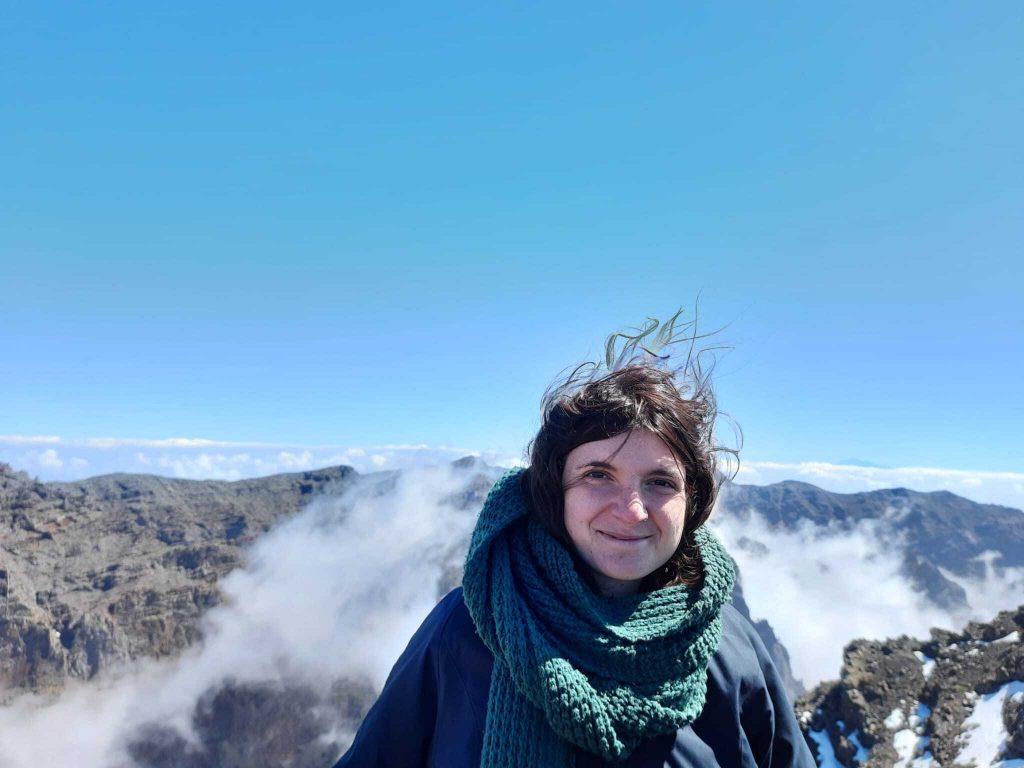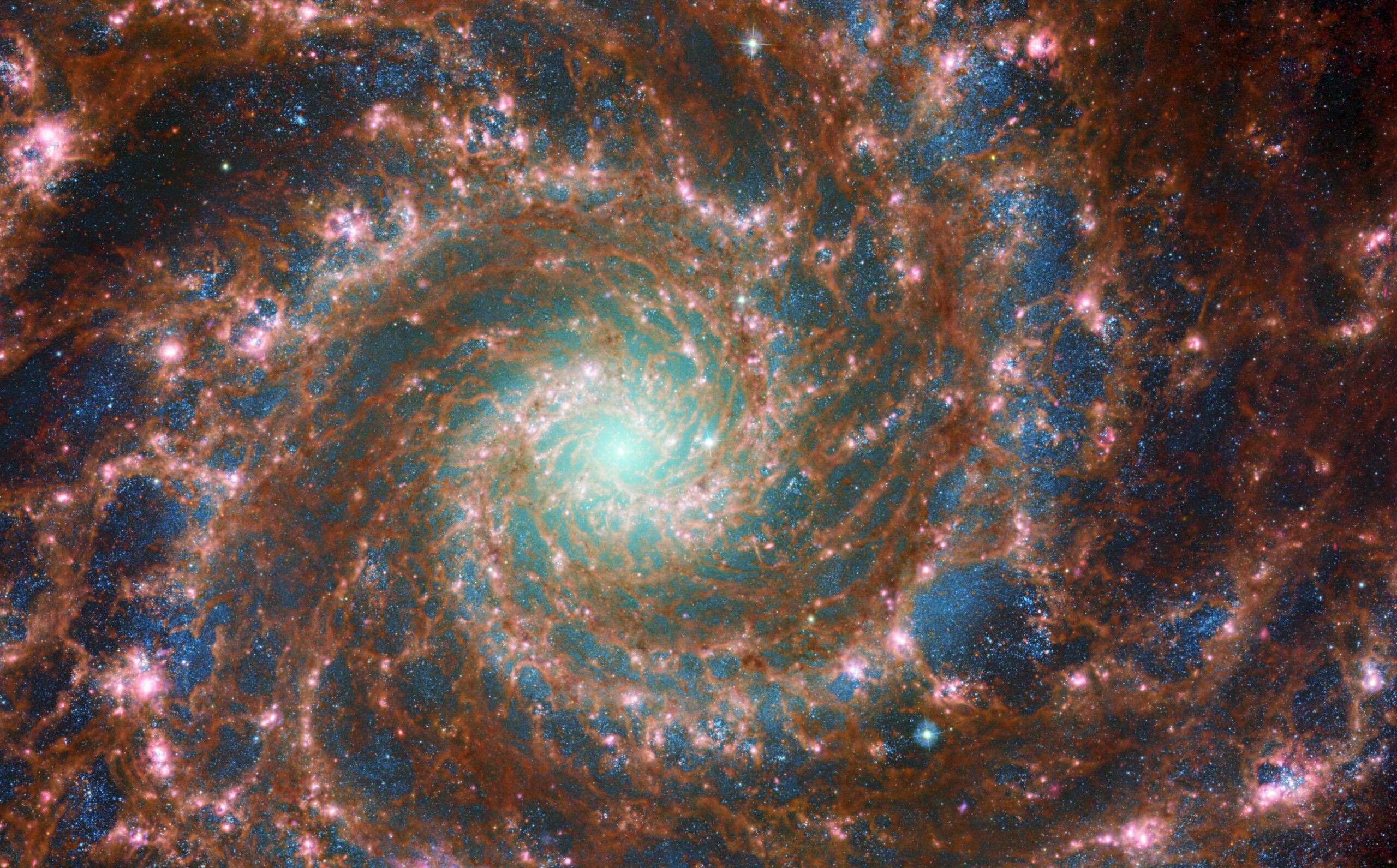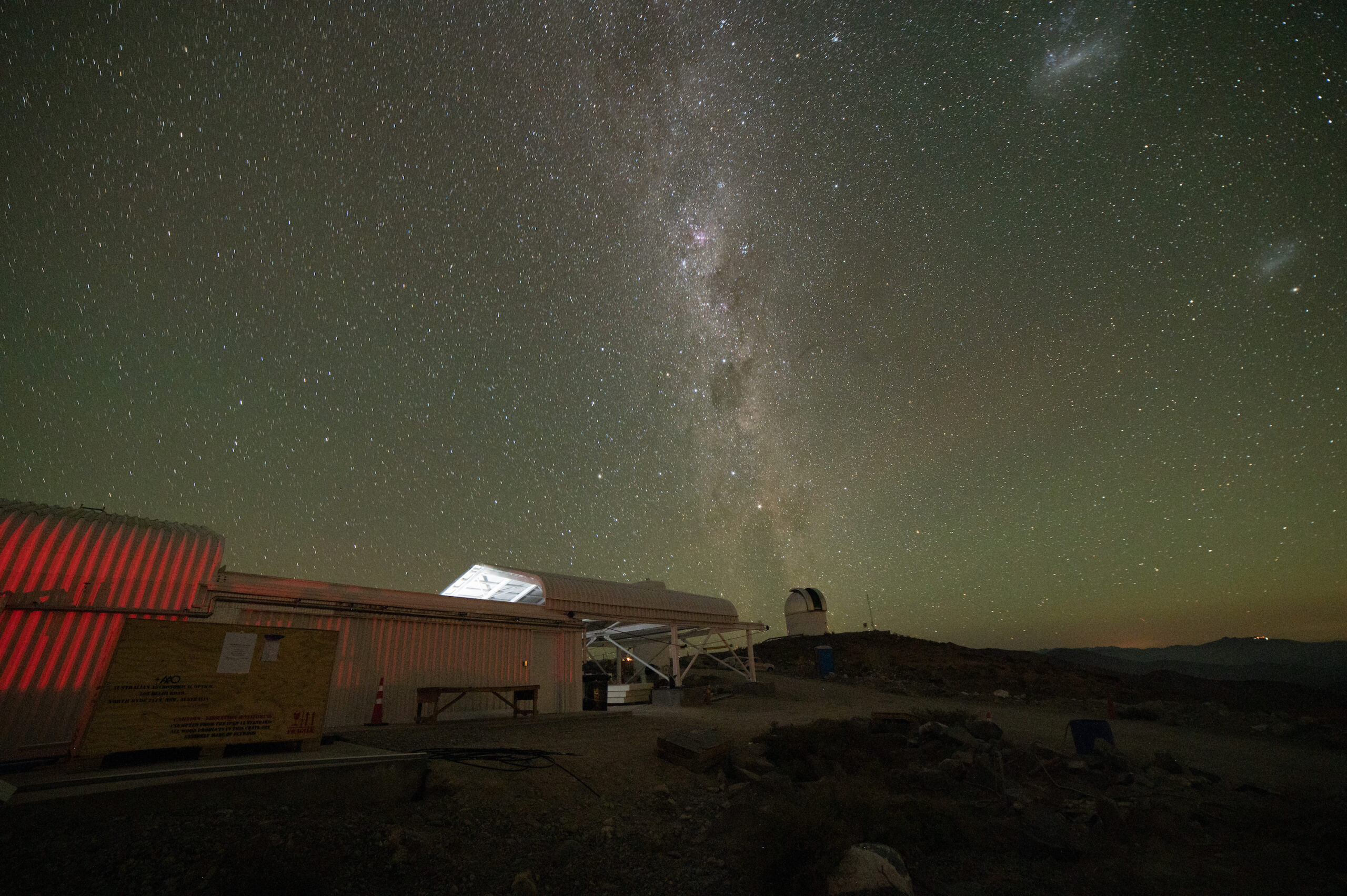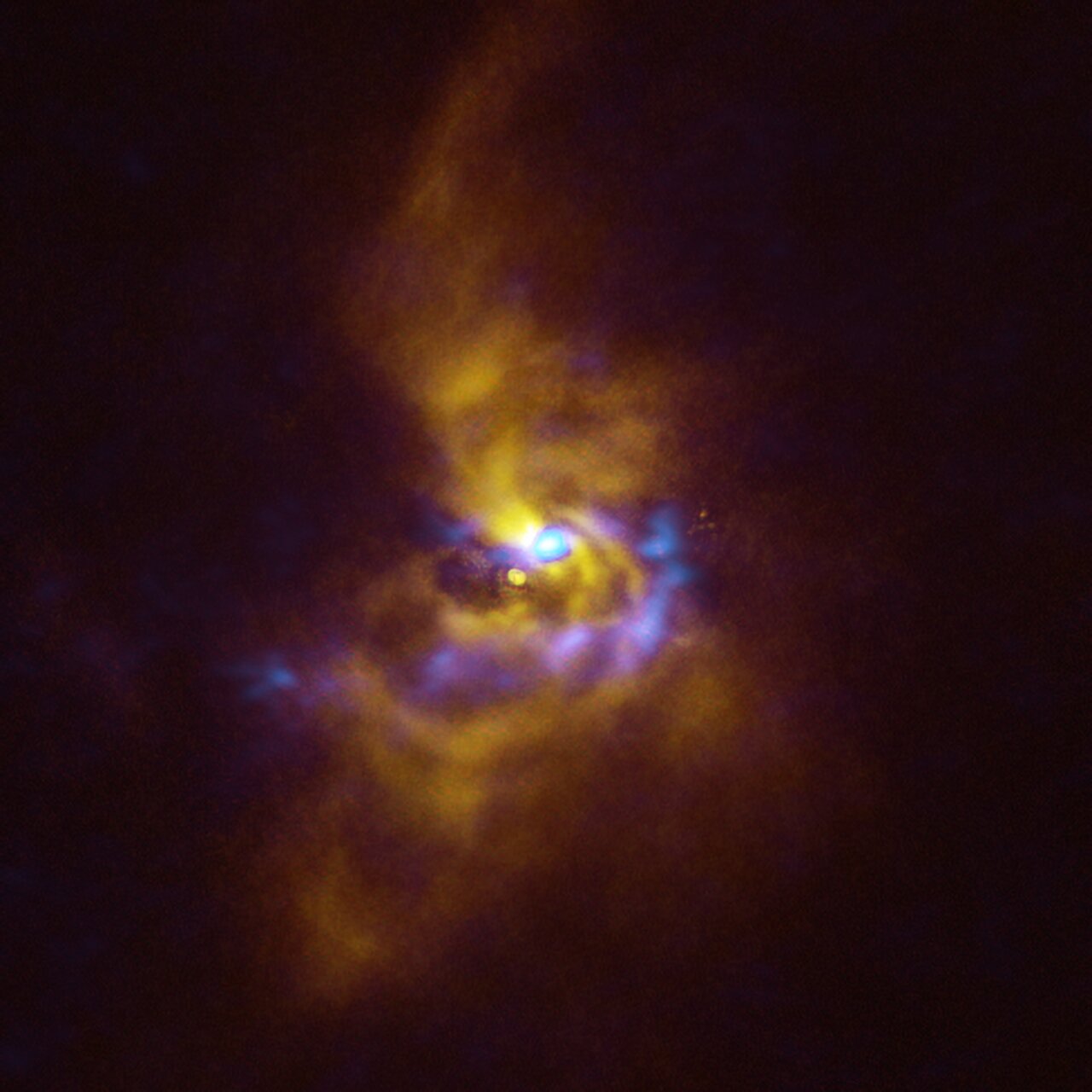Q&A to Sara Vitali who obtained an ESO studentship
Our PhD student Sara Vitali was recently granted one of the competitive ESO studentships to conduct part of her PhD at ESO. We make her some questions here about what this means.

What will you do at ESO?
I will do part of my PhD project, collaborating with Dr. Ditte Slumstrup and Dr. Heidi Korhonen. We will study a new method of determining ages using specific chemical abundances and asteroseismic age information for a sample of field giant stars, this will help us to gain a better understanding of the correlation between ages and the chemical information enclosed in the stellar spectrum.
How does this help your PhD thesis?
The studentship is perfectly in line with my PhD. Presently, I am in the first year of the PhD and I am investigating how to use stellar spectral properties and chemical information to delineate the history of our Galaxy. In this framework, thanks to a collaboration with ESO I would have the chance to explore the different data reduction and spectral analysis techniques that are milestones for the development of my PhD. I will apply this knowledge to Sagittarius, a dwarf satellite system orbiting around the Milky Way of which I intend to study the chemical evolution using spectroscopic data. Moreover, I will analyse data coming from UVES, which is the same instrument that I used to observe part of the Sagittarius data.
How does this help your career?
The scientific synergy between the ESO studentship and my PhD project is very strong and this makes this experience extremely valuable for my academic career. Working with Ditte and Heidi will be a perfect opportunity to deepen my knowledge about spectral analysis techniques, which will be increased by working close to experts of different ESO instruments. Finally, I will benefit from the lively and international scientific environment of ESO and its tight connection to the wonderful observing facilities hosted at ESO.
Any comments about PhD at UDP?
My PhD experience at UDP so far has been extremely positive. The atmosphere is welcoming and inclusive, and the science projects carried out in the Nucleo are all very interesting. Faculties and students are very keen on collaborating and helping each other and this creates a friendly and stimulating working environment. This Nucleo is growing very fast and it is attracting many students and Postdocs from all over the world, therefore we are now experiencing the assembling of a very international group!









